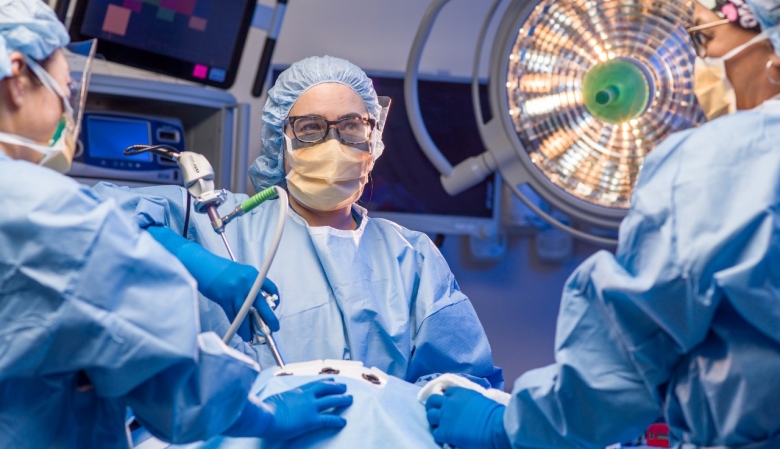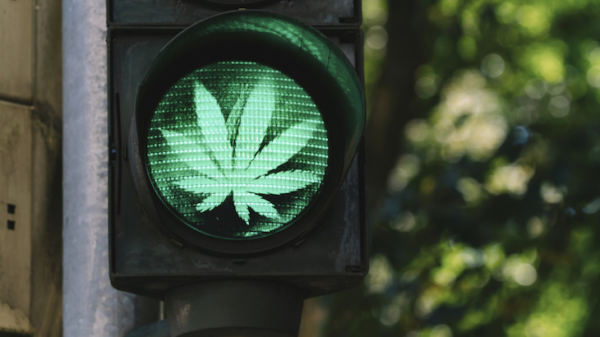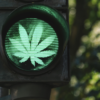The antidepressant effects of ketamine post-surgery do not come from whether the patient actually took the medication, but rather their belief in having done so.
That is according to a study by Stanford University School of Medicine published in the journal Nature Mental Health on Thursday. For the investigation, researchers tested the antidepressant placebo effect of ketamine administered during surgery in the following days once the procedure concluded.
The research was led by Theresa Lii, a postdoctoral scholar at the institution; Boris Heifets, an assistant professor of anesthesiology, perioperative and pain medicine; and Alan F. Schatzberg, a professor of psychiatry and behavioural sciences. They recruited 40 participants scheduled for surgery who were also suffering from moderate to severe depression.
Notably, the study found that all 40 participants reported a 50 per cent drop in depression symptoms on average one day after surgery and for two weeks afterward.
Normally by giving two groups of people ketamine and placebo the psychoactive effects of the drug would be quite noticeable among those who took it, but this double-blind study found a means of working around that factor.
“I was very surprised to see this result, especially having talked to some of those patients who said ‘my life is changed, I’ve never felt this way before,’ but they were in the placebo group,” said Heifets.
Thanks you Nina Bai @StanfordMed for the writeup of our study! out today in @NatMentHealth "Randomized trial of ketamine masked by surgical anesthesia in patients with depression"https://t.co/1AEUCtoGgg
— Boris D Heifets (@TheBorisLab) October 19, 2023
Read more: PharmaTher Holdings enters collaboration to commercialize racemic ketamine
Read more: Psycheceutical Bioscience develops non-psychoactive ketamine topical for PTSD and depression
Researchers found results to be surprising
The researchers say those who reported the most significant improvements in their depression symptoms were more likely to believe they took ketamine, even when they didn’t.
“It’s like looking at a Picasso painting,” said Schatzberg.
“To put that into perspective, that brings them down to a category of mild depression from what had been debilitating levels of depression,” added Lii.
Depression can worsen after surgery among many individuals, which made the scholars conclude that the surgeries and anesthesia were unlikely responsible for the participants’ improvements.
The investigators said that the results may have been affected by the participants’ favourable view of ketamine and its recent popularity in helping with depression.
“Maybe with a non-hallucinogenic psychedelic analogue you can get the same benefits without having to, you know, go to outer space,” Heifets added.
Read more: EntheoTech Bioscience opens flagship ketamine clinic in Kelowna
Read more: Awakn set to research ketamine for alcohol use disorder
Ketamine has been gaining interest within the medical community in recent days for its potential to treat depression and an assortment of conditions. Ketamine therapy utilizing lozenges or intravenous administration has become a popular treatment option and business for different companies in Canada, many American states and abroad in recent years.
Some, like Psycheceutical Bioscience Inc (OTC: BWVI), have even found ways to administer it without any psychoactive effects while retaining its therapeutic benefits through the use of a topical applied to the back of the neck.
Others like the United Kingdom’s Awakn Life Sciences (NEO: AWKN) (OTCQB: AWKNF) have been studying the drug’s potential for the treatment of alcohol use disorder.
rowan@mugglehead.com













